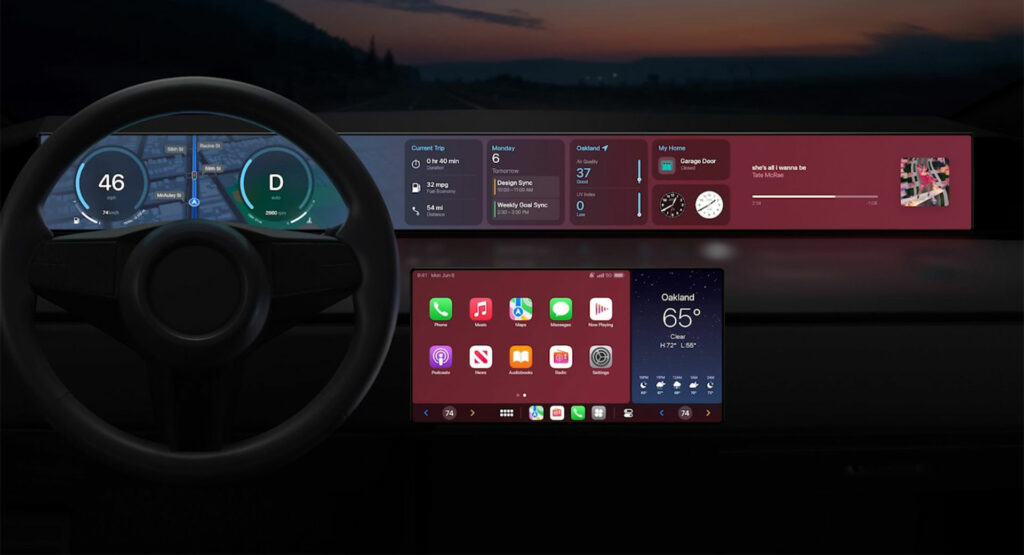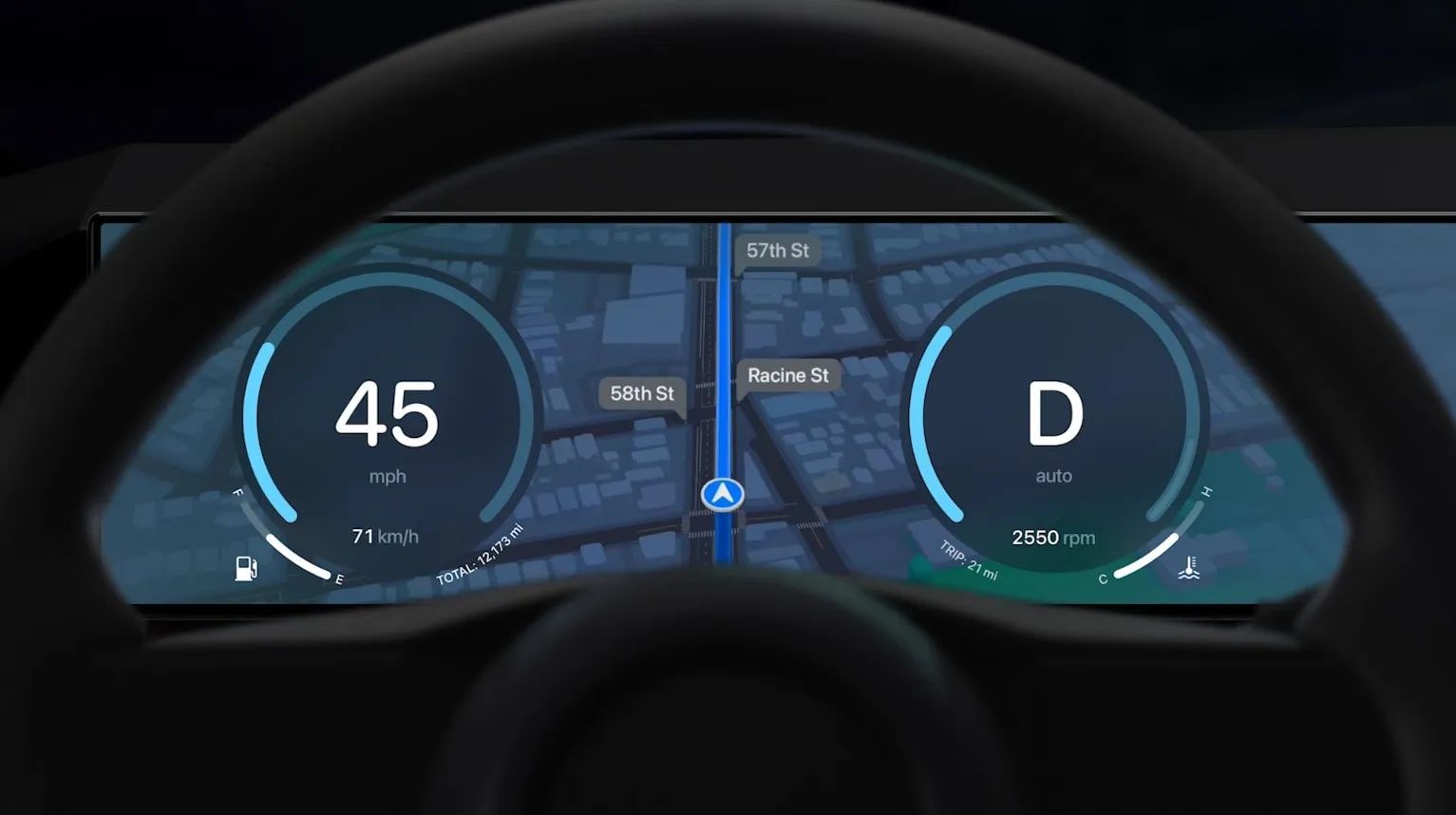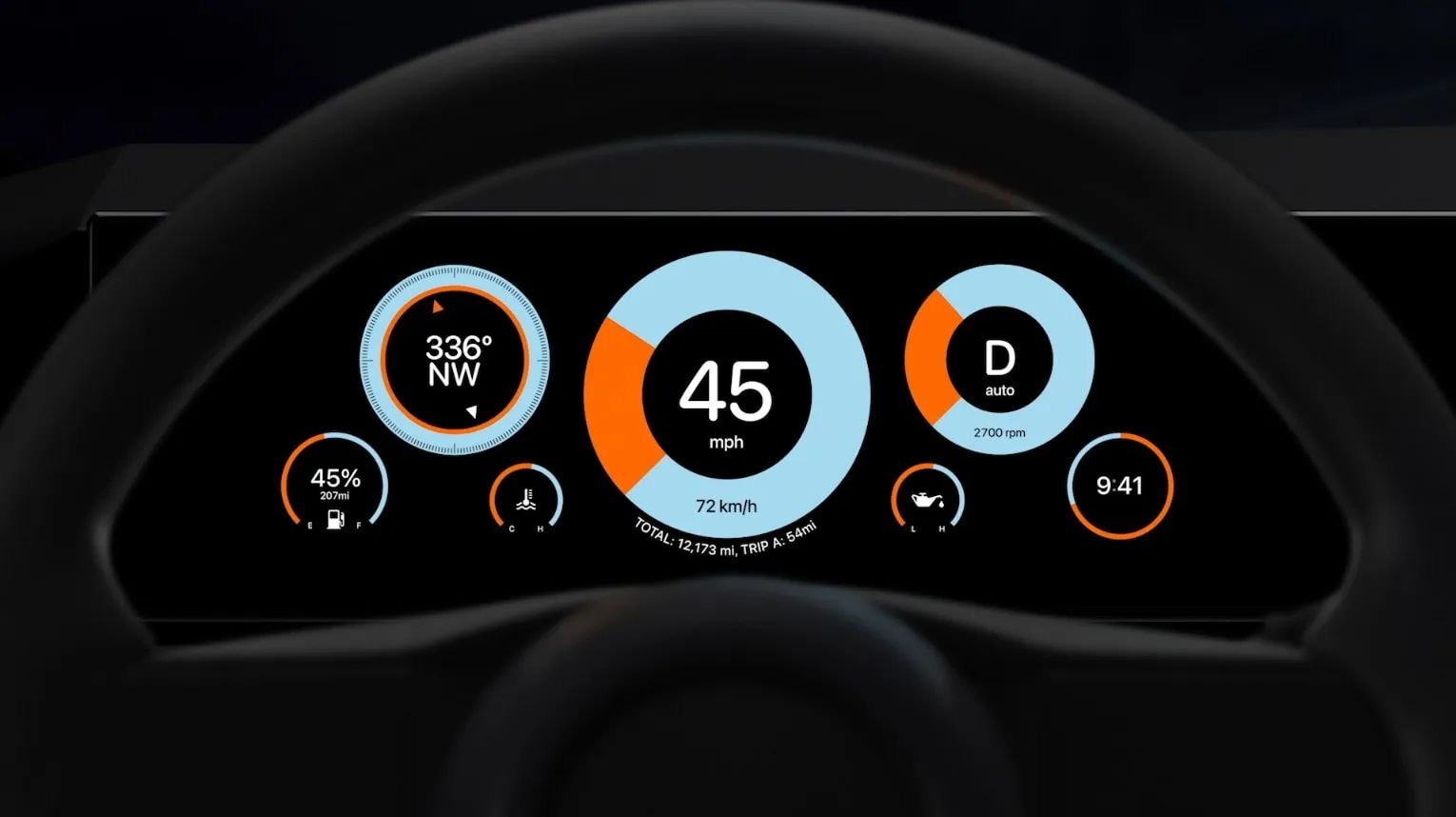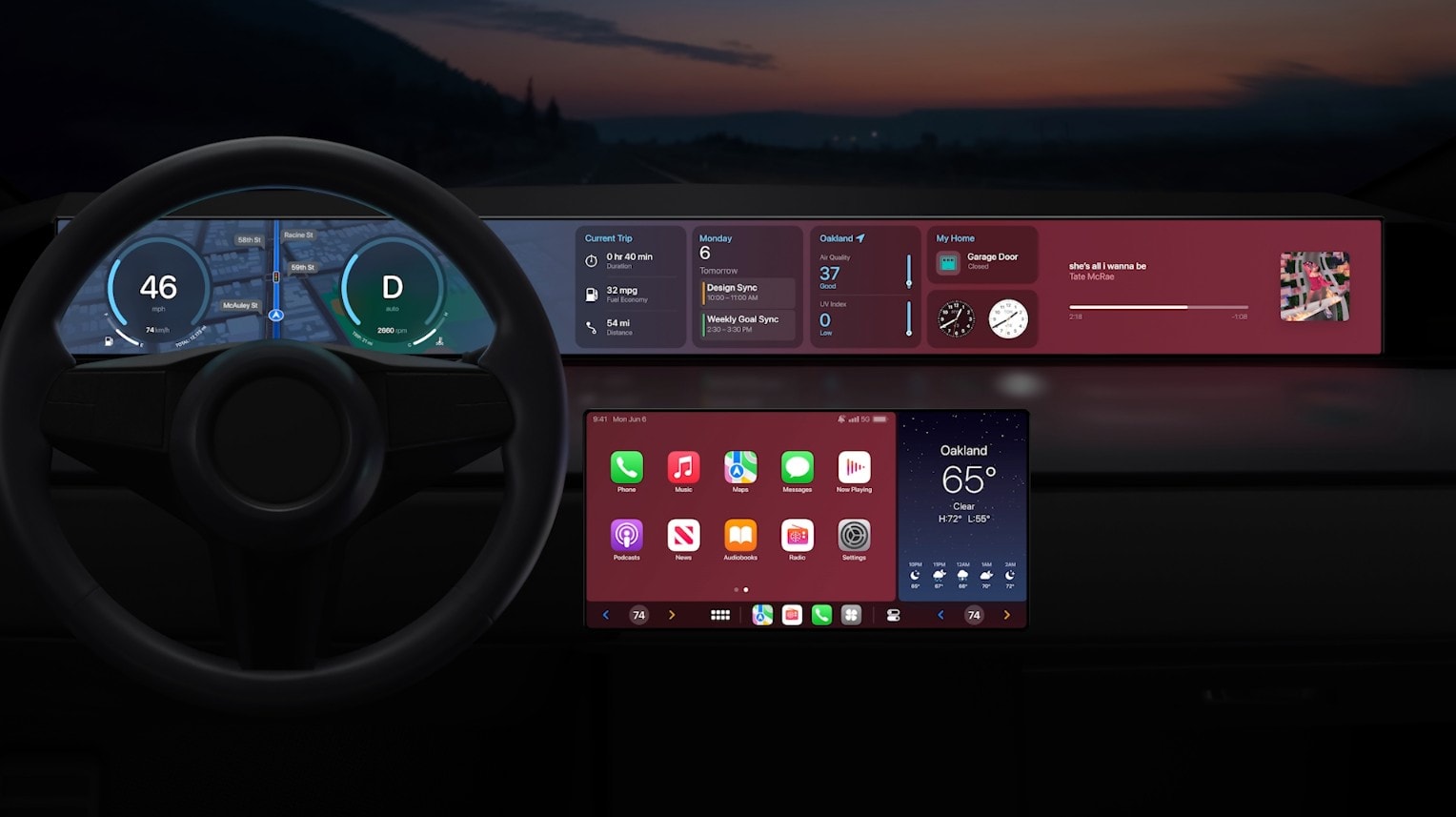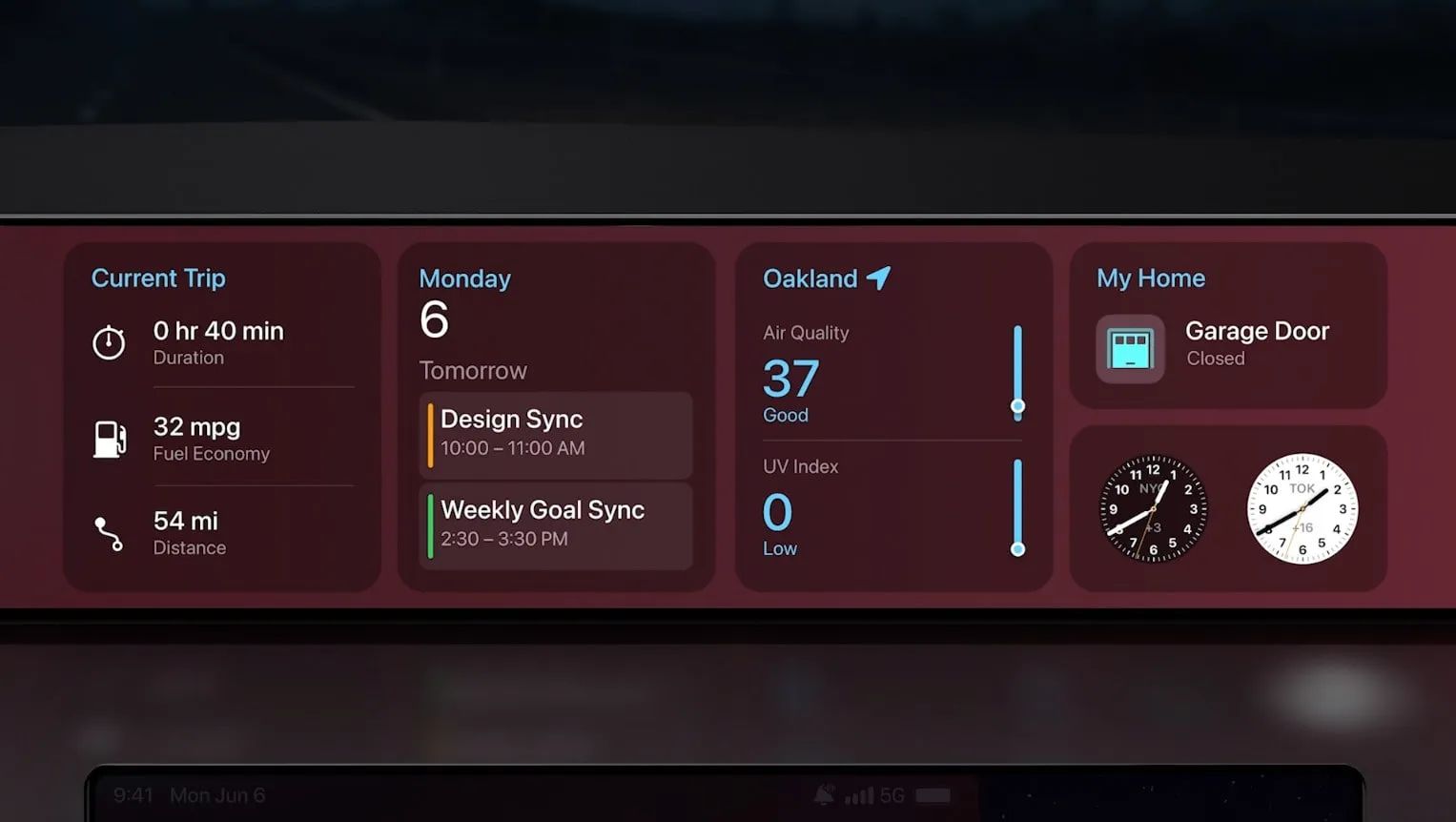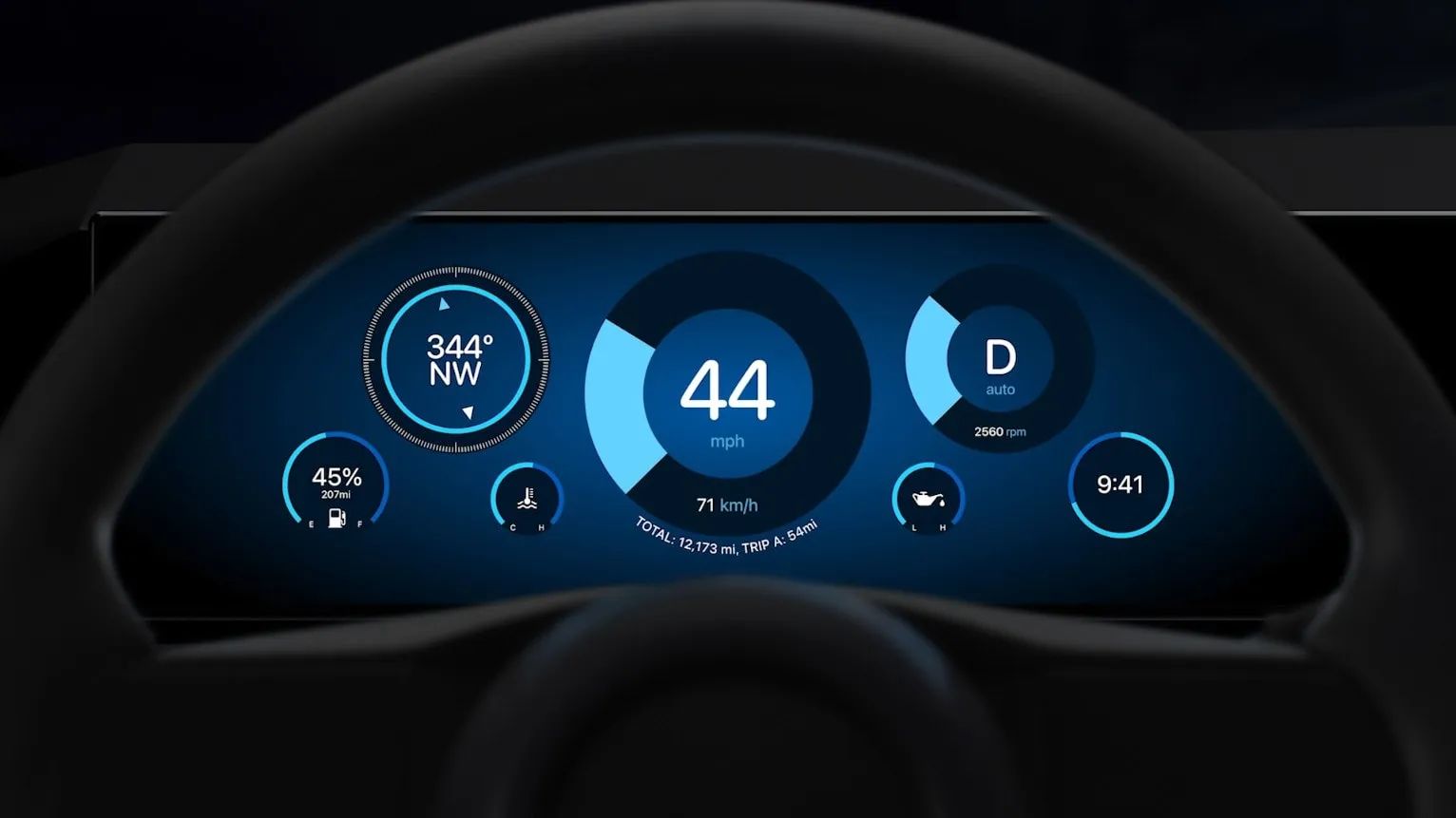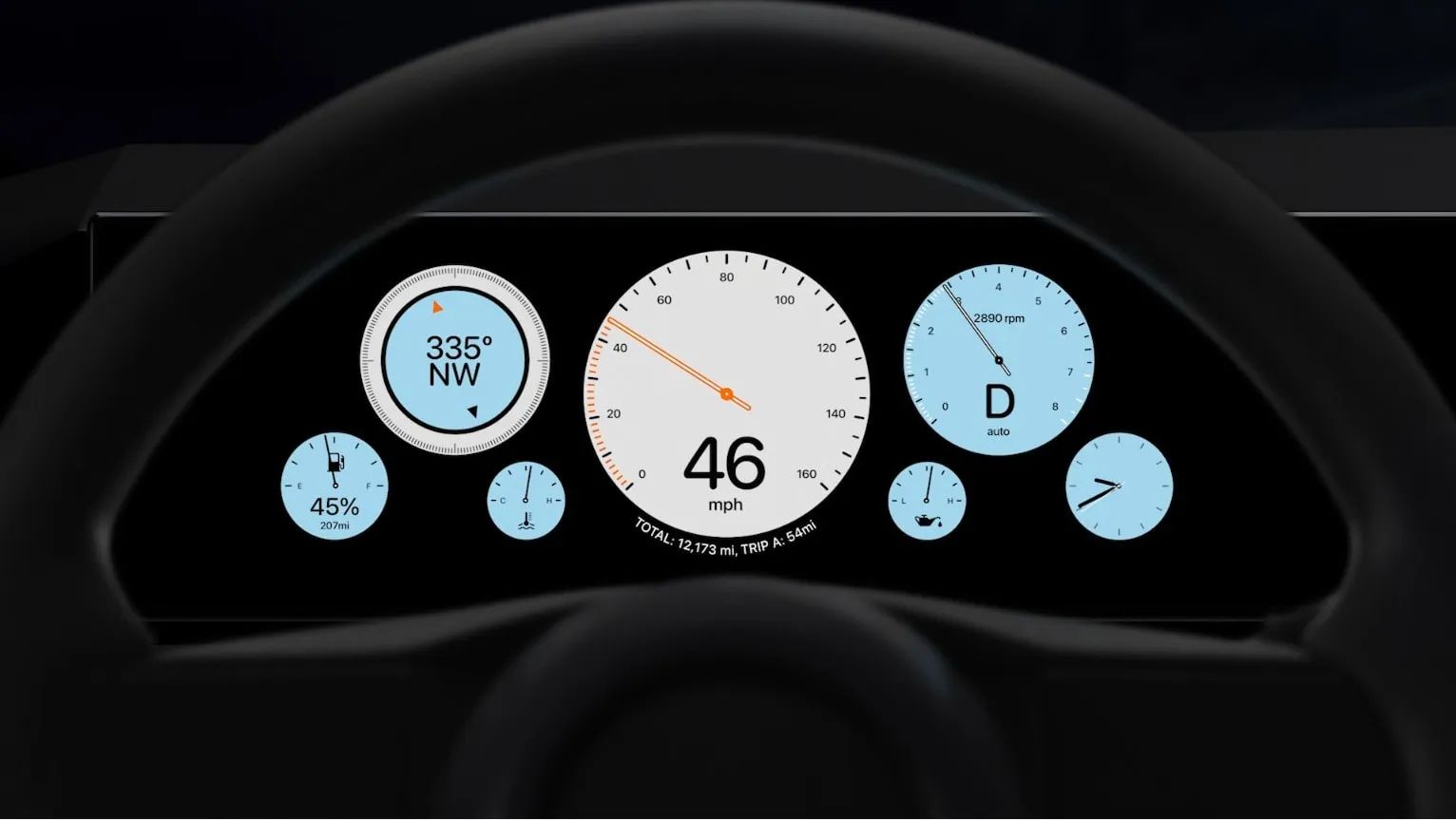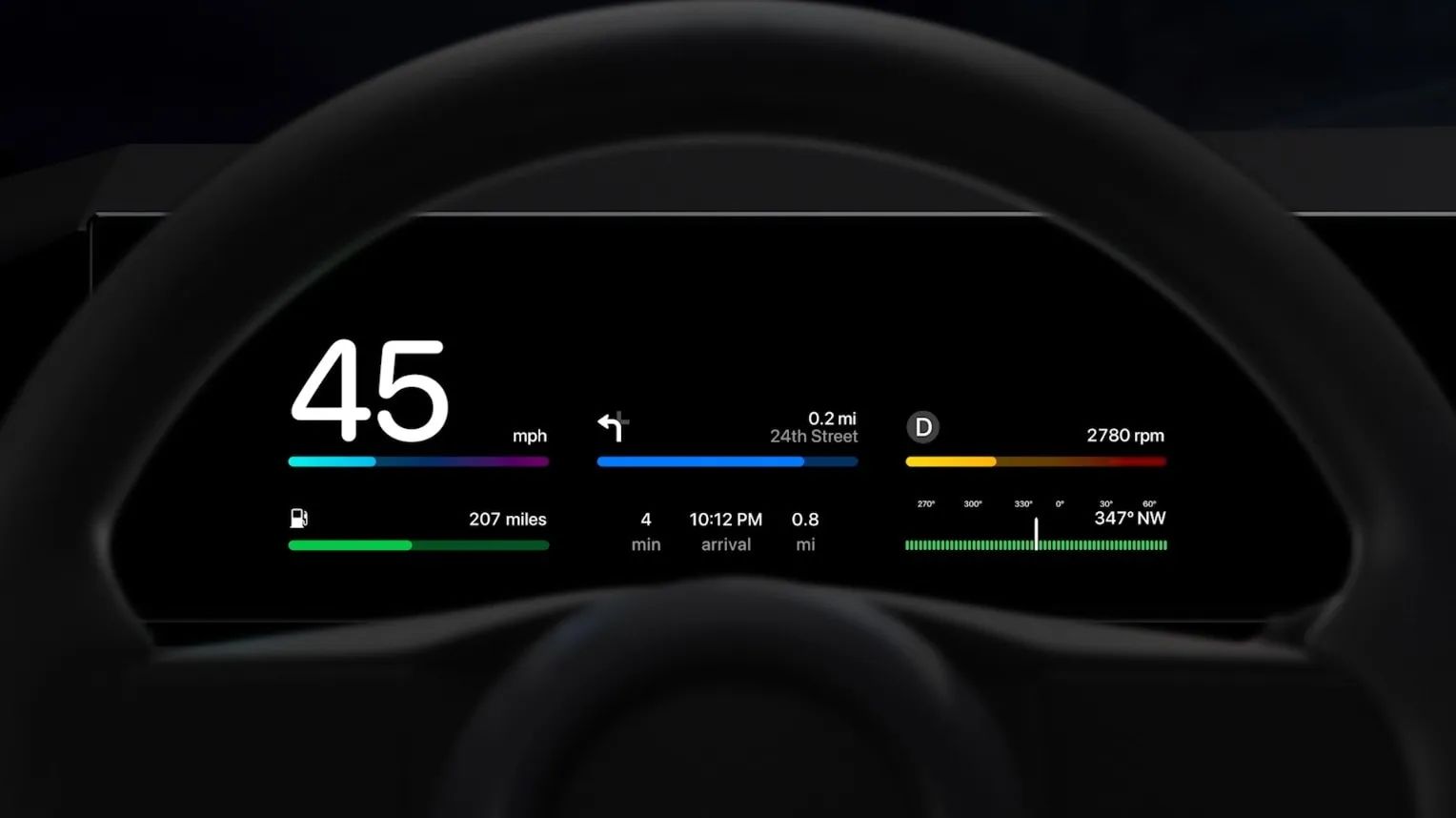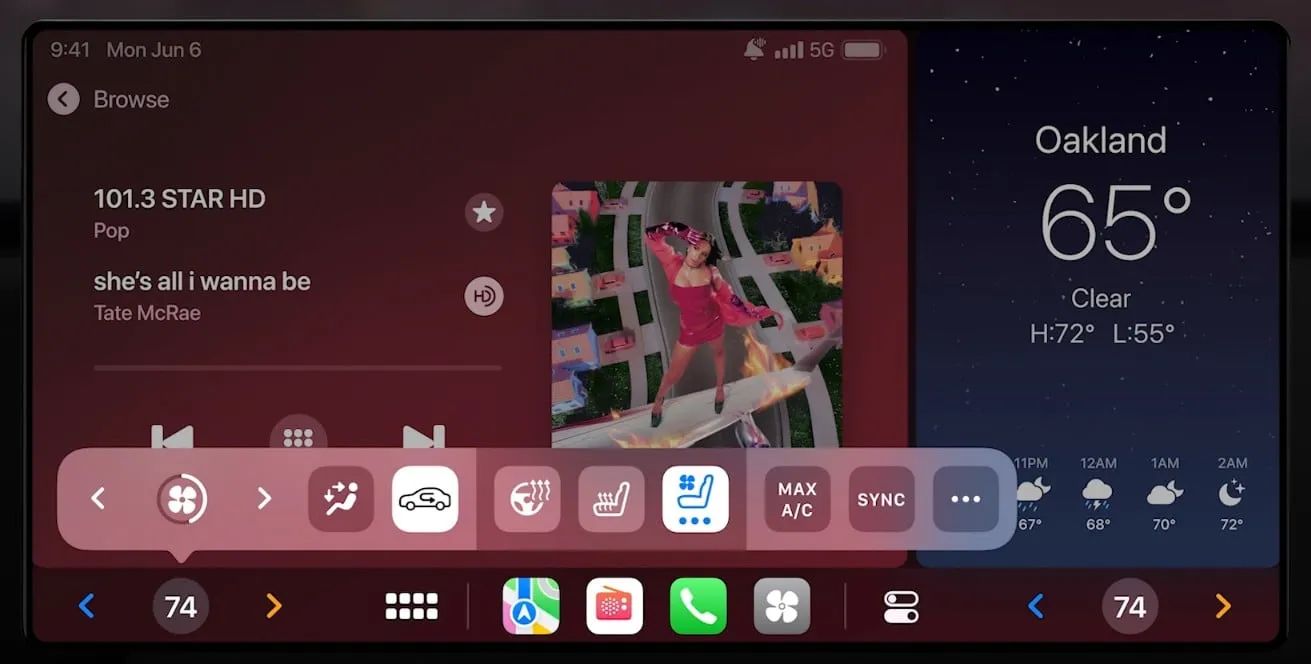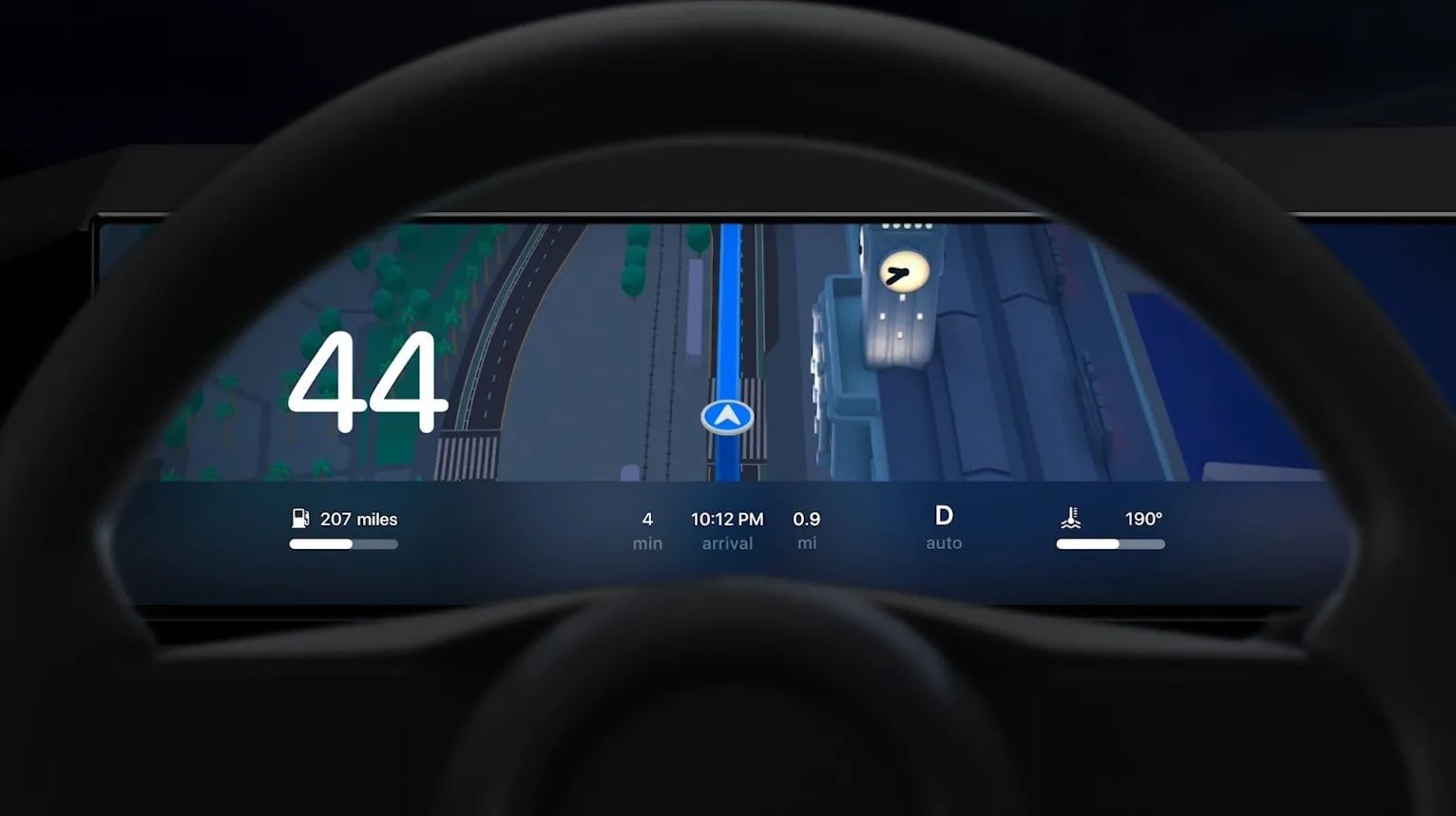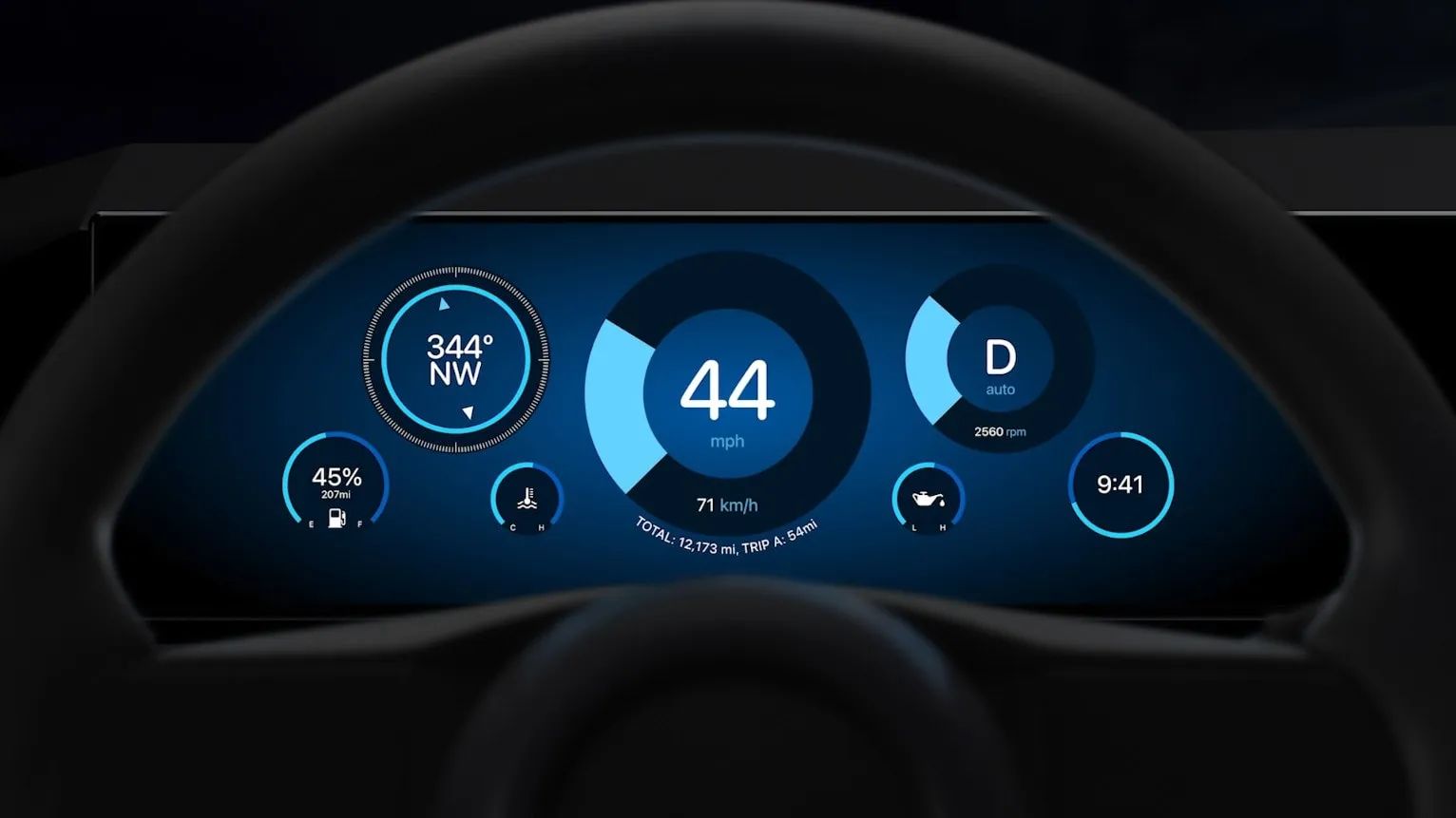Car manufacturers may need to drastically improve their in-house infotainment systems to rival the latest, all-encompassing version of Apple CarPlay.
In June, Apple introduced its latest version of CarPlay at its Worldwide Developer Conference. Whereas CarPlay systems have previously been limited to the central infotainment displays of vehicles, this new system works on all vehicle displays, including the digital instrument cluster, and “communicates with your vehicle’s real-time systems.”
Apple’s updated CarPlay system also offers a large scope of customization options to customers. For example, widgets can be added to a car’s display, as can things like weather infotainment and address book contacts.
It is unclear how willing established automakers will be to implement this new version of CarPlay. Carmakers know that vehicle data will prove to be an important driver of profits in the years ahead, with McKinsey & Co estimating that vehicle data could be worth up to $400 billion annually by 2030.
Apple has claimed it is “working with automakers around the world” with the updated version of CarPlay but it is unclear who these automakers are. While Apple spruiked company logos such as Ford, Mercedes-Benz, and Hyundai at the Worldwide Developer Conference, the brands haven’t committed to using the system.
“We evaluate all potentially relevant new technologies and functions internally,” Mercedes-Benz USA spokesman Andrew Brudnicki told Auto News. “In this context, we also hold discussions with Apple.”
Google is one step ahead of Apple with its infotainment system, Android Automotive. The operating system is already used by the likes of General Motors, Renault, Nissan, Mitsubishi, and Polestar but unlike the new version of Apple CarPlay, these automakers can build their own infotainment systems around Android Automotive OS.
According to the director of automotive connected mobility at Strategy Analytics, Roger Lanctot, Apple likely won’t offer this kind of flexibility for its system.
“Google has taken many steps to improve its transparency and make clear its automotive roadmap,” Lanctot said. “Apple is worse than Google when it comes to inflexibility. But Apple will no doubt tell automakers that their customers are clamoring for an Apple-like experience in their cars.”



